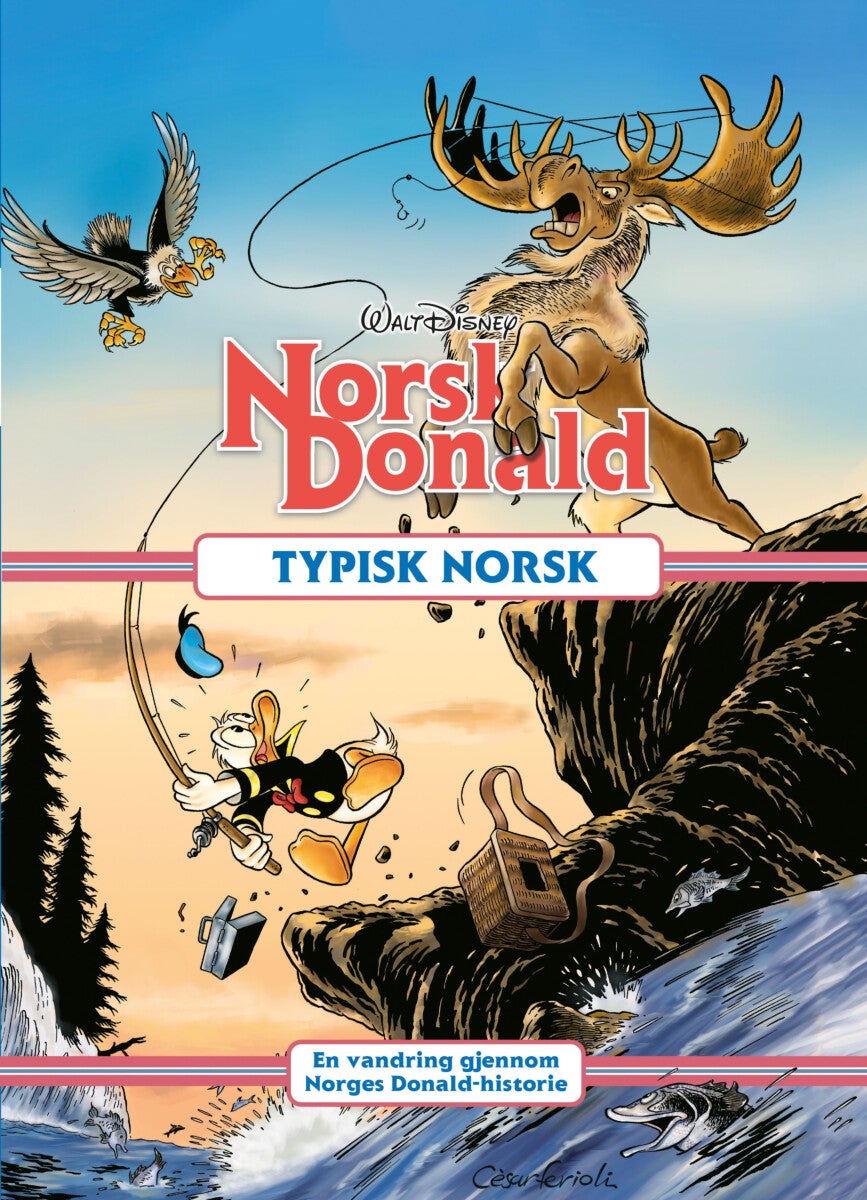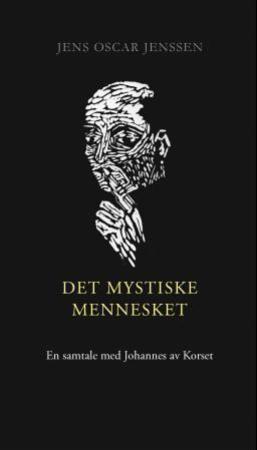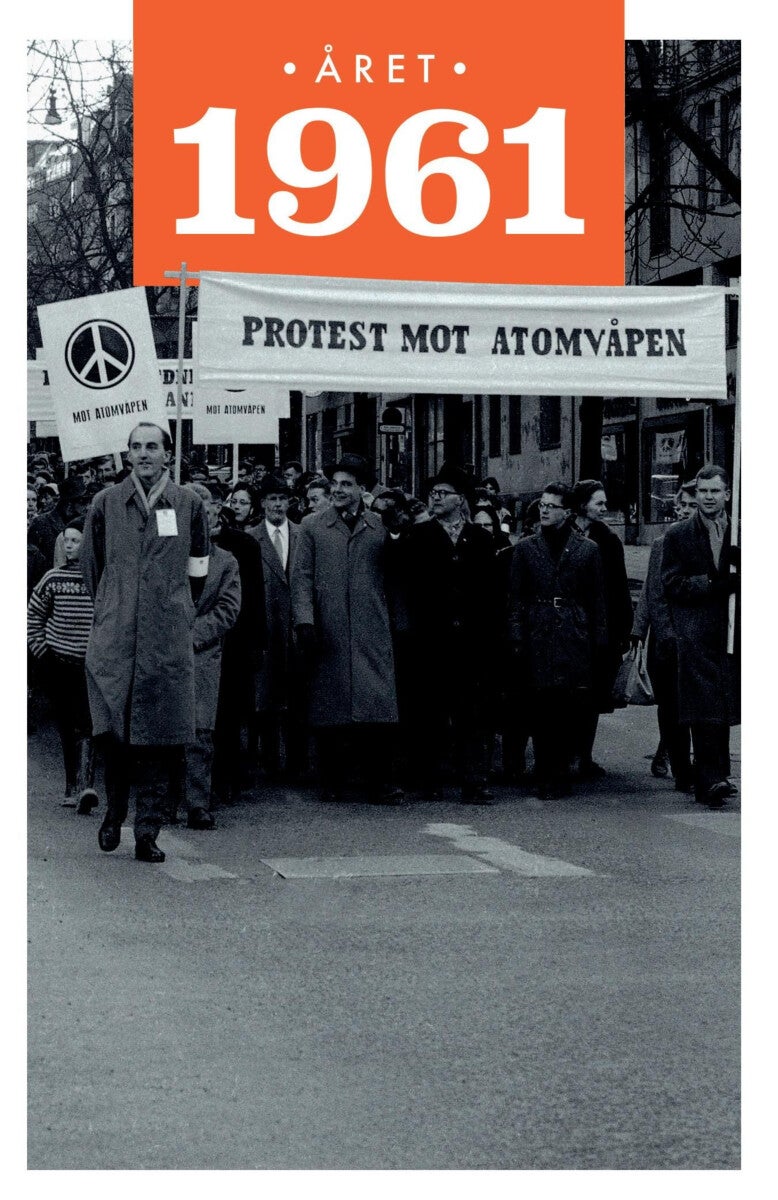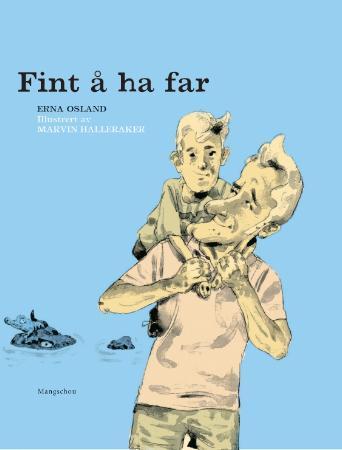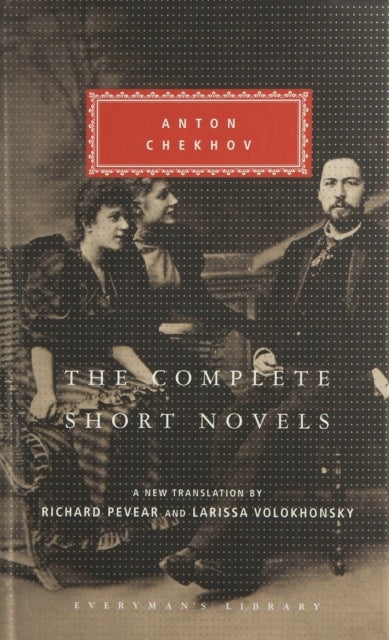
The Complete Short Novels av Anton Chekov
299,-
Chekhov, widely hailed as the supreme master of the short story, also wrote five works long enough to be called short novels. <i>The Steppe</i>-the most lyrical of the five-is an account of a nine-year-old boy''s frightening journey by wagon train across the steppe of southern Russia to enroll in a distant school. <i>The Duel</i> sets two decadent figures-a fanatical rationalist and a man of literary sensibility-on a collision course that ends in a series of surprising reversals. In <i>The Story of an Unknown Man</i>, a political radical plans to spy on an important official by serving as valet to his son, however, as he gradually becomes involved as a silent witness in the intimate life of his young employer, he finds that his own terminal illness has changed his long-held priorities in startling ways. <i>Three Years</i> recounts a complex series of ironies in the personal life of a rich but passive Moscow merchant, engaging time as a narrative element in a way unusual in Chekhov''s f

